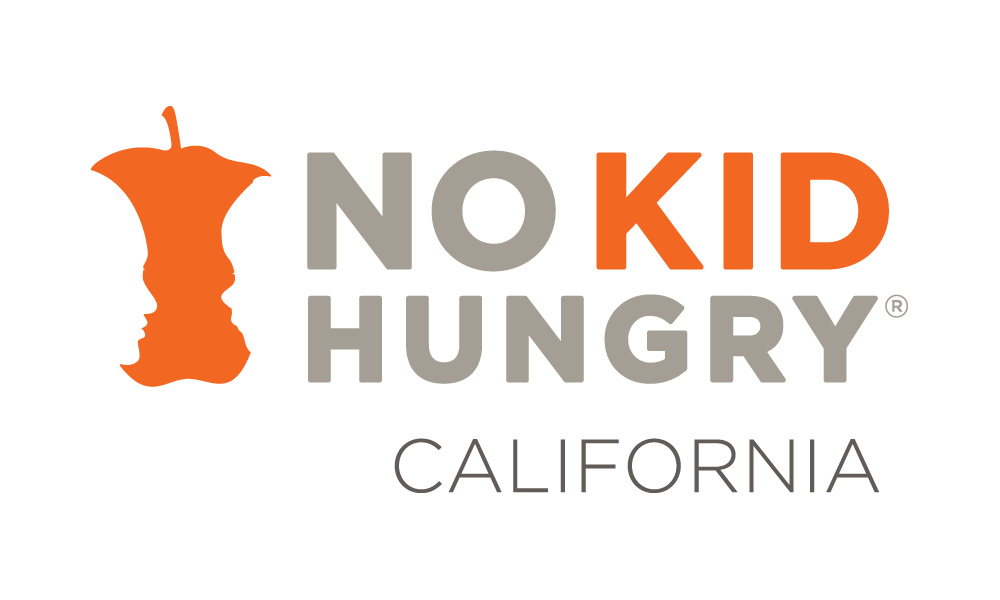“It’s making a difference. It’s being able to feed the kids. It’s being able to see the excitement, the relief, just the positive that is being done is the thing that makes it all worthwhile.” – Jesse Gutierrez, DBA, MPH, MS, RD, director of kitchen operations
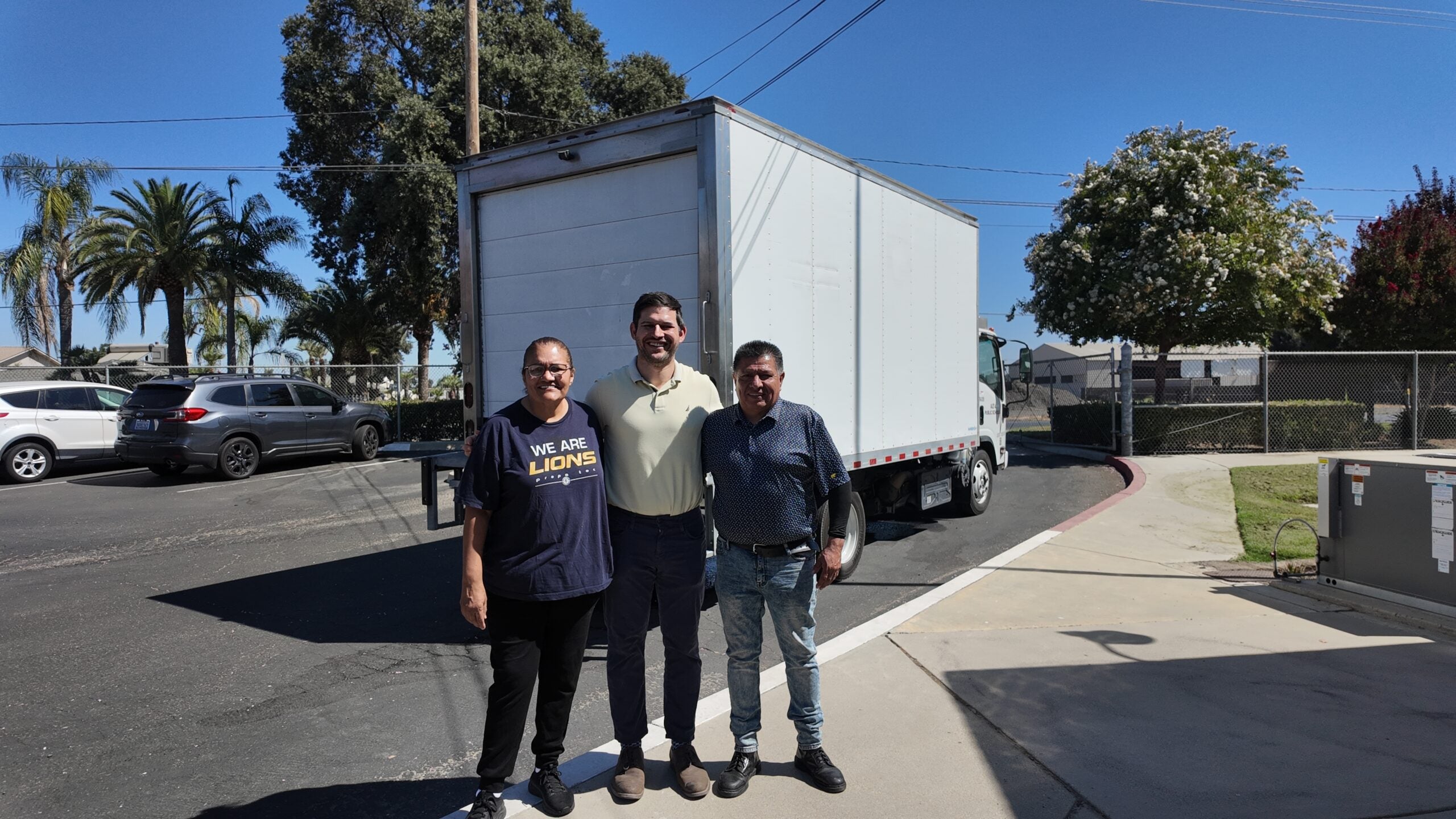
Alta Public Schools Nutrition Professionals at their summer meal site outside of Visalia, CA.
Tulare County, located in California’s agriculturally rich Central Valley, faces a significant paradox: despite being a major food producer, it struggles with high rates of hunger and food insecurity with 1 in 5 kids facing hunger in the county.
Alta Public Schools is a charter school network that primarily serves the vibrant and diverse communities of Los Angeles, as well as children in San Diego and Tulare Counties. Since assuming the role as Director of Kitchen Operations for Alta Public Schools, Dr. Jesse Gutierrez, is dedicated to providing students healthy meals year round.
“The biggest thing for me was as soon as the school year ended,” said Dr. Gutierrez. “I didn’t want that to be the end of a source of food to a lot of the kids, so I wanted to implement this program as soon as I came over to Alta Public Schools.”
Dr. Gutierrez recognized this profound challenge of childhood hunger and for the last two summers, his team have stepped forward with the rural non-congregate summer meal program designed to bridge the nutritional gap for its students and the wider community.
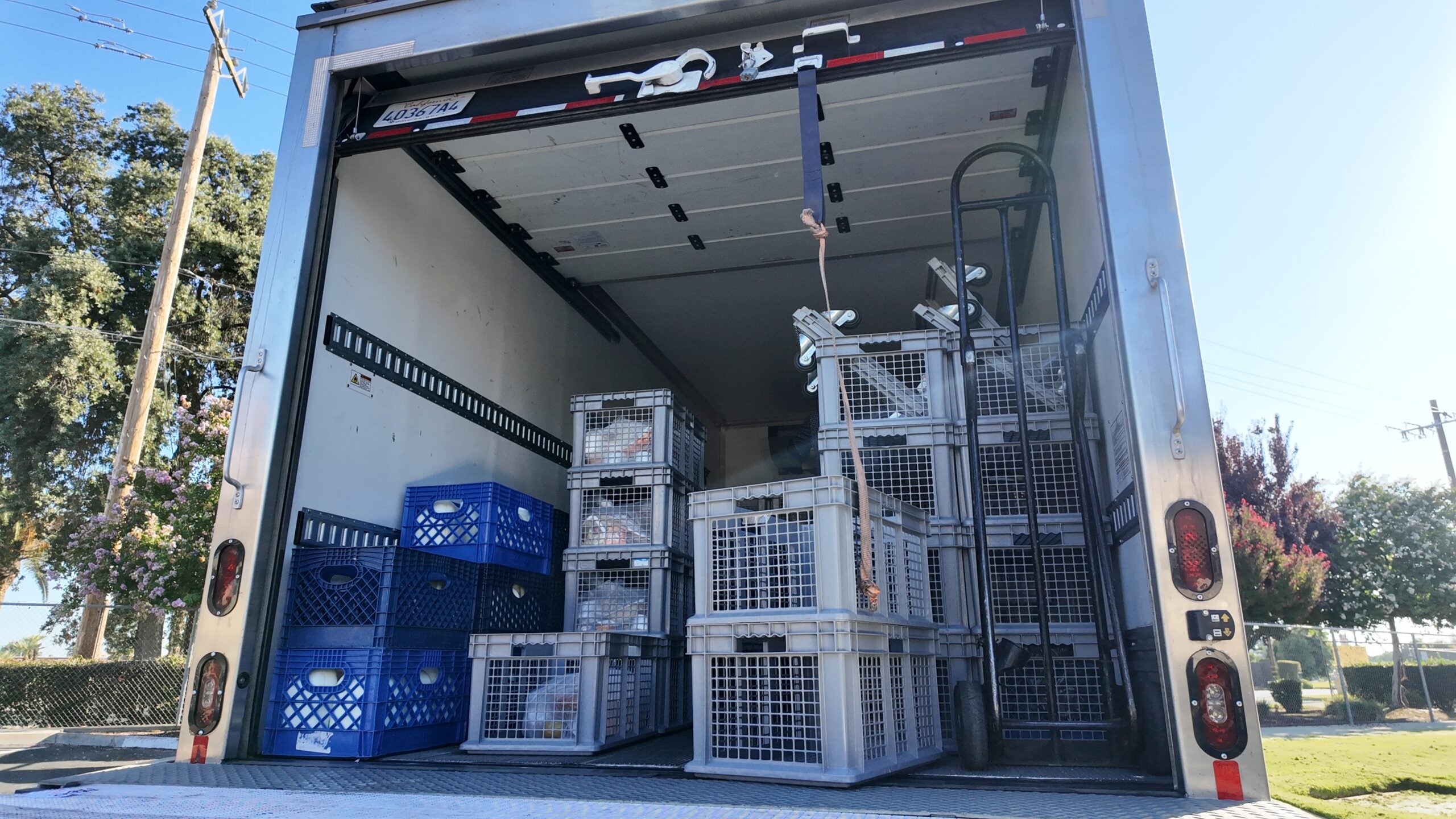
The truck was filled with crates containing pre-packaged meal kits, gallons of milk, and frozen pizza.
Dr. Gutierrez’s team of summer hunger heroes start their work from their central kitchen in Los Angeles, preparing five-day meal kits. During distribution day, they drove 3-4 hours to the Visalia area and offered their meal kits to children. Meal kits consisted of five days’ worth of breakfast and lunch, including a mix of grab-and-go, bulk, fresh and shelf-stable items.

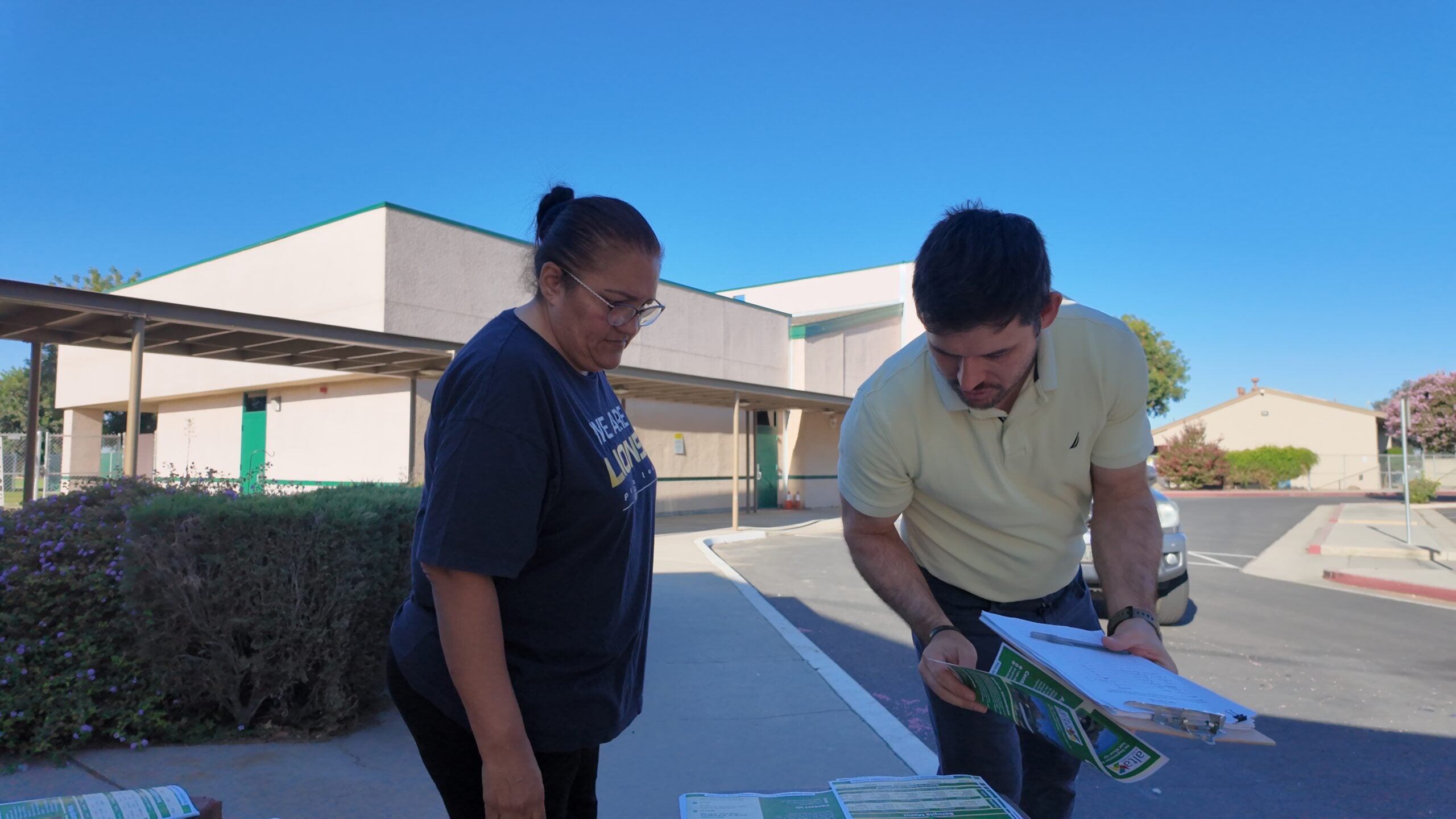
District Summer Meal Service Overview:
- Key Achievements: Over 4,900 meals served
- Number of Meals per Meal Kit: Five days of breakfast and lunch (10 meals)
- Operational Model: A crew of two begins their day as early as 2 a.m. to load the refrigerated truck in Los Angeles, then drive 3-4 hours (one way) to their site outside of Visalia, CA. They served meals out of their truck in an empty school parking lot where families could easily drive through and pick them up.
- Integrity Plan: Because of a summer congregate meal program operating down the road, a child was required to be present during meal pick up.
The non-congregate model, which allows families to pick up multiple days’ worth of meals and take them home, proved to be highly successful. This model offered convenience, a sense of safety and built community trust. They consistently provided meals and transparently communicated, even when unexpected demand led to running out of meal kits. The program fostered confidence and reliability, significant factors in the program’s growth. “With this year, the participation was drastically more than what we could have forecasted,” shared Dr. Gutierrez.
In their second year of operating the summer rural non-congregate meal service, awareness and participation grew as they ran out of meals to serve week after week. This summer, they served over 4,900 meals in a matter of four weeks, a significant increase from an estimated 2,000 last summer.
“What Jesse and the team are doing at Alta Public Schools is truly inspiring!” exclaimed Jonelle Williams-Pagan, senior program manager with No Kid Hungry. They are centering family choice, ensuring the components of the meal boxes work for families, and showing up, creating community even when school is out of session!”
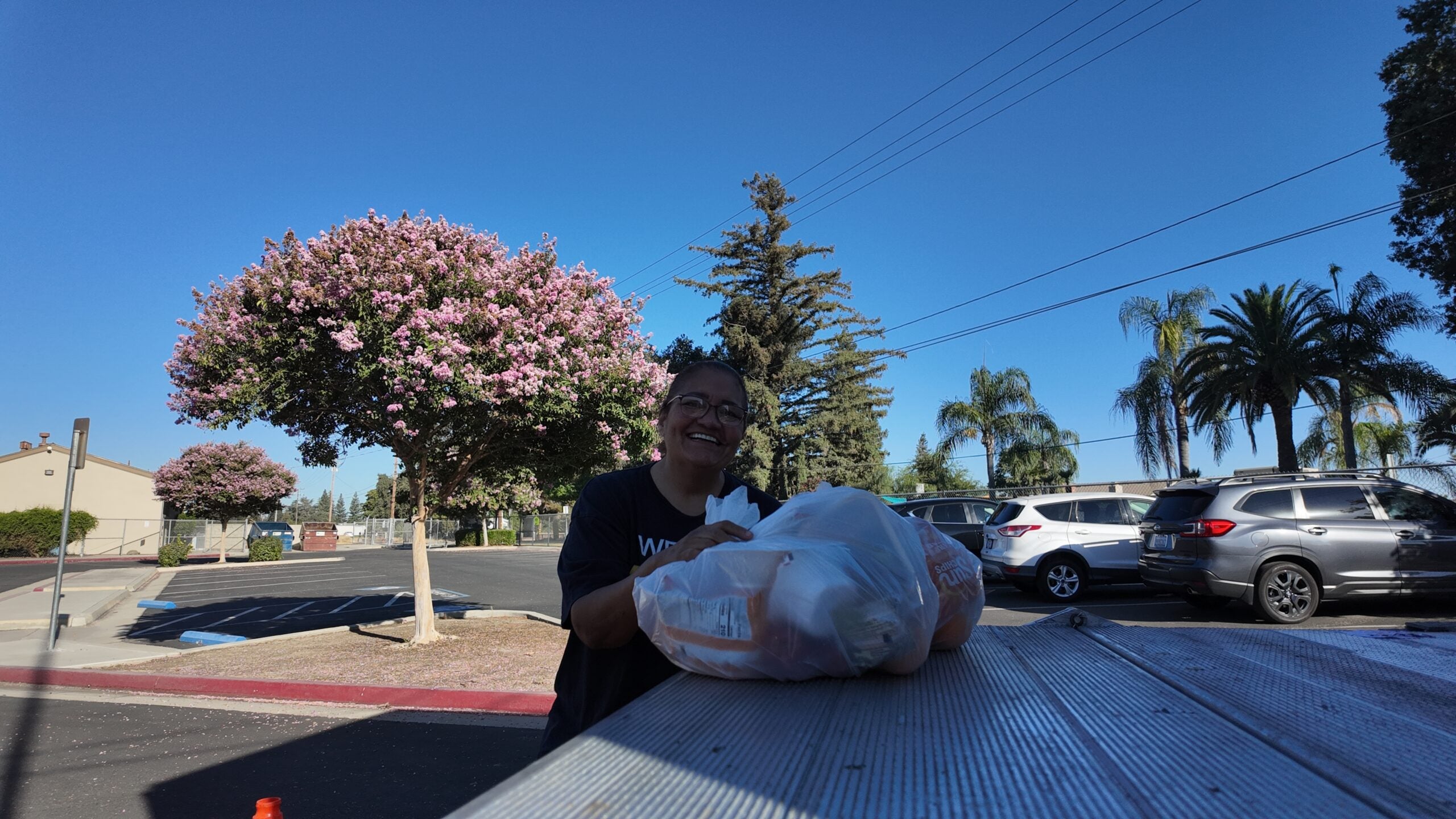
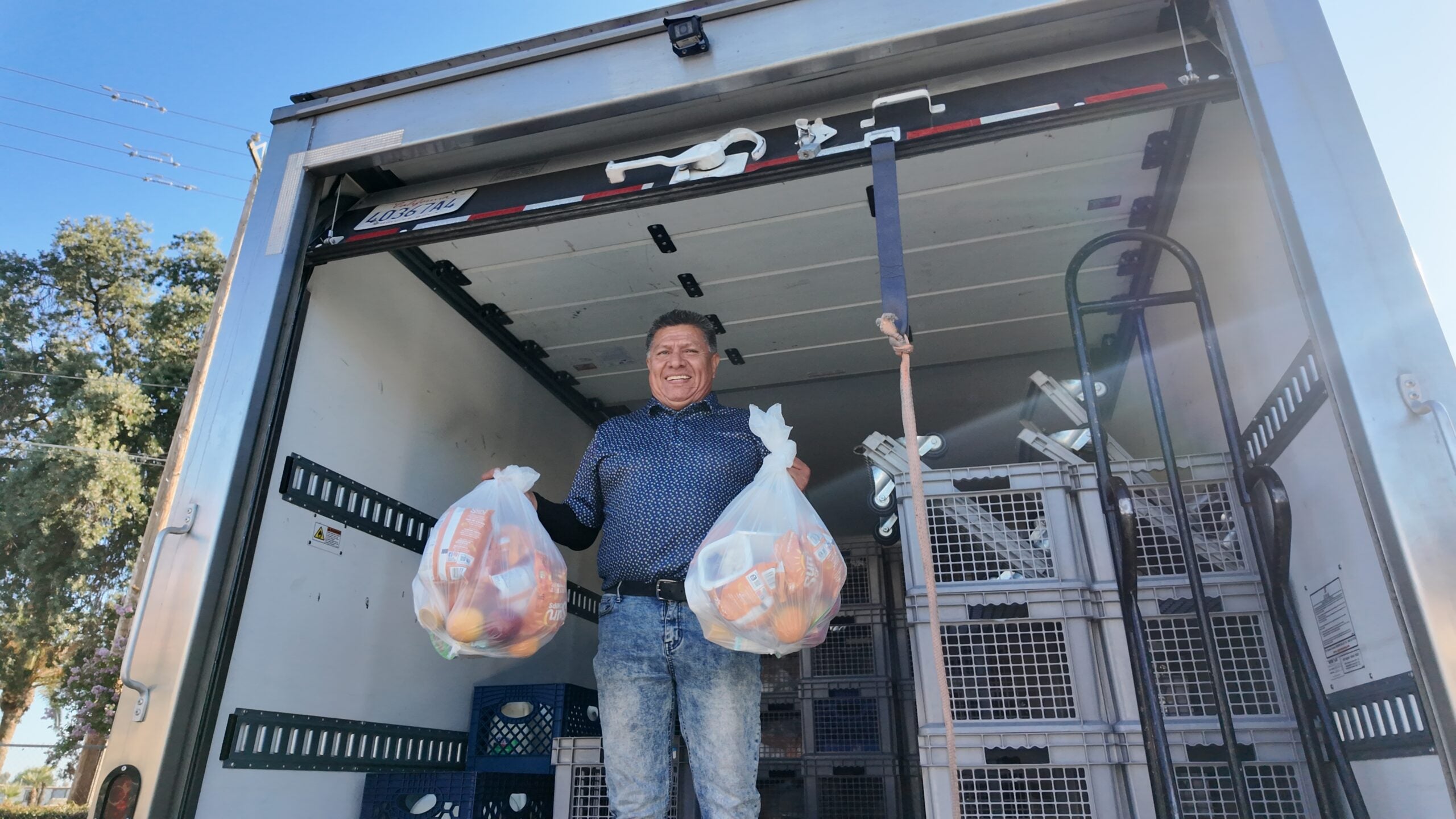
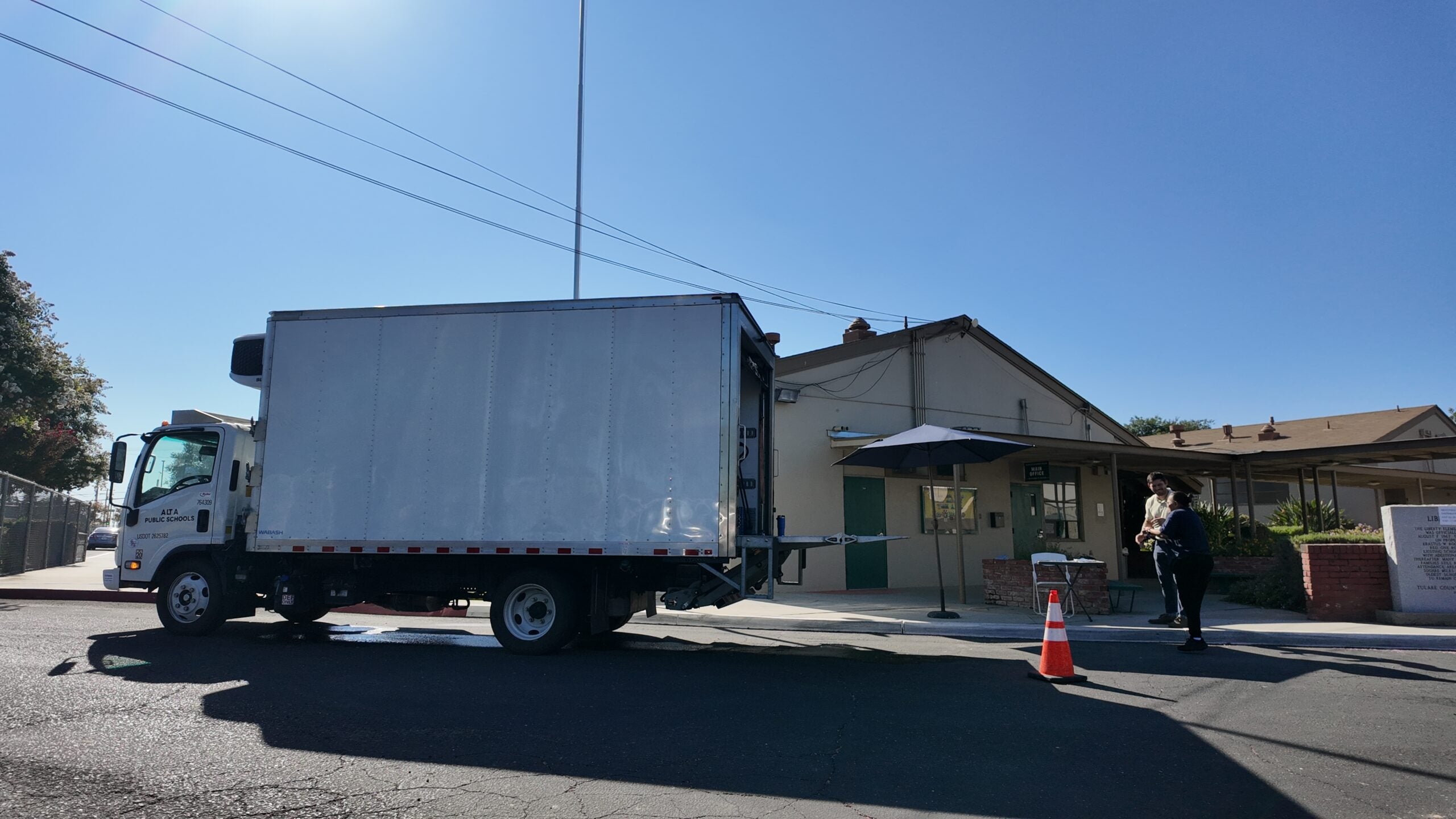
Ways You Can Help
New research by No Kid Hungry (see full report) reveals an overwhelming number of parents are struggling to put food on the table for their kids. This is especially true during the summer months when kids lose access to many essential free school meals.
You can ensure kids have the nutrition they need to thrive in and out of the classroom and reach their full potential in a variety of ways:
- Donate. $1 can help provide 10 meals* to kids. Your support will help us fund meal programs all over the country and help us advocate for policies that will help kids get the meals they need. *Donations help support programs that feed kids; No Kid Hungry does not provide individual meals. Meal equivalencies vary. Learn more at NoKidHungry.org/OneDollar.
- Advocate for kids. Reach out to your elected officials and ask them to do more to end childhood hunger. Tell your lawmaker to advocate for policies that will help kids get the meals they need.
- Become a sponsor or expand your summer non-congregate meal program for Summer 2026. Visit our Center for Best Practices for more information on the rules, eligibility, grant information and more.
Last update: November 18, 2025
